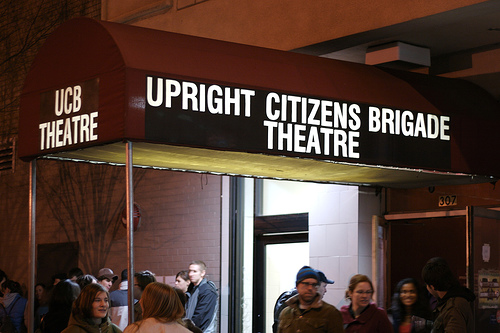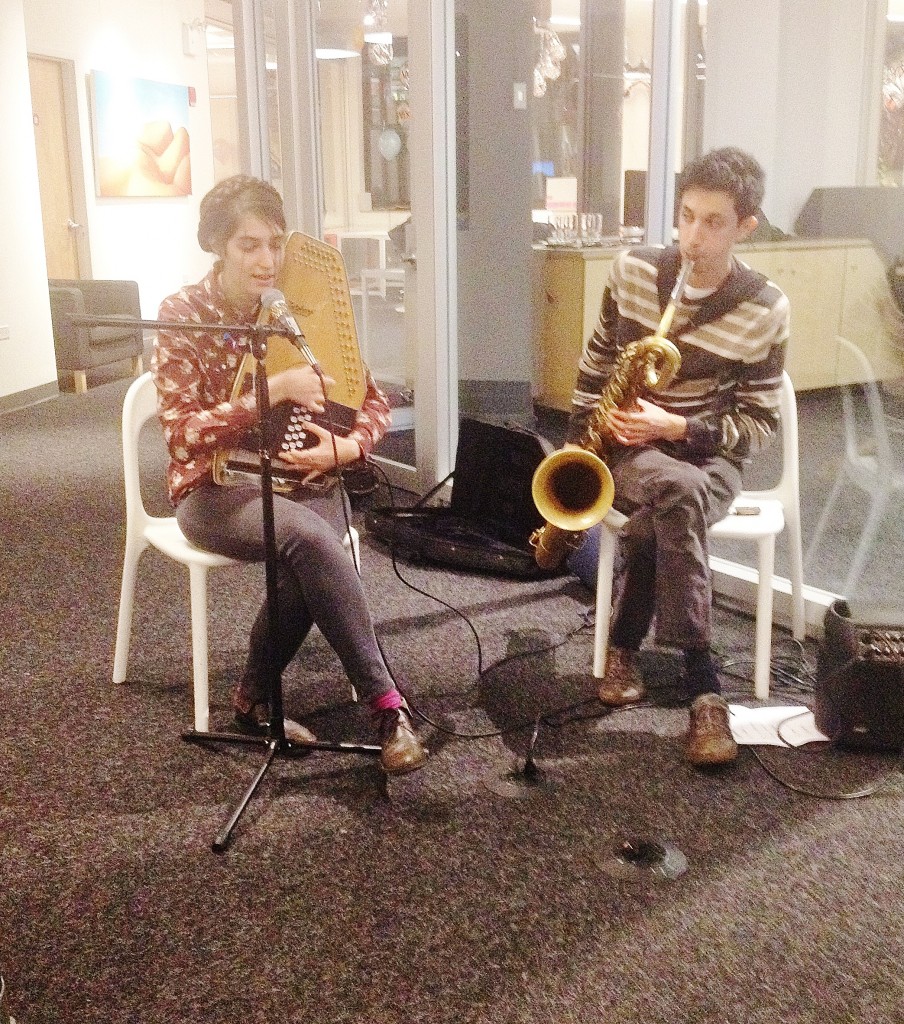In a world where the value of the English language as a global social skill is becoming less a skill and increasingly a necessity, how do we convey to our children the importance of learning another, less frequently used language? And, equally pressingly, how do we instill within them the desire to understand and voluntarily use that second language? As the demand for and the convenience of using the English language, both within the US and beyond its borders, continues to grow, many other languages are finding themselves forced into a periphery. It is precisely this issue that the Latvian language faces, and that several organizations within the US are trying to counter.
Where in the World. . . ?

Latvia, formerly part of the Soviet Union, has a long coastline on the Baltic Sea.
First problems first: the Latvian language, and the country of Latvia itself, is one that many people admit they have never heard of. Located on the Baltic Sea and sandwiched between Estonia and Lithuania in Northern Europe, Latvia only established itself as a nation independent of the Soviet Union in 1991. WWII marked the mass exodus of Latvians seeking haven from the war-torn country, many of them resettling in North America, where they integrated into American society, while simultaneously maintaining their Latvian cultural identity. Now, however, two generations later, Latvian-American youths are finding themselves further removed from the Latvian culture, speaking a broken version of the language, and, as a remedy to both these issues, turning to summer camps as a form of heavy Latvian immersion and education.
Who Cares?
Lina Batarags, a 22-year-old from North Jersey, grew up speaking Latvian at home with her parents and her two brothers. “We went to Latvian school every Saturday up through eighth grade, and every summer, all three of us went to Latvian summer camps, first in the Catskills (in New York), and later on to the Latvian Summer High School in Michigan,” she says. “I had two sets of friends: my friends from school, and my Latvian friends.” Now a college graduate, she is one of the many Latvian-Americans who dedicate their every summer to working at one of several Latvian summer camps across the US.
So, What Are You Going to Do About It?
These camps, such as the Latvian Church camp in Elka Park, New York, where she has worked for the past four years, are run exclusively in Latvian. “All the kids, all the counselors, interact only in Latvian. It can be challenging, but it remains the defining feature of the camp.” In addition to acting as one of the places where kids are required to push themselves to regularly use and improve upon their language, the camp also teaches its campers cultural and historical values; educational lectures and lessons in traditional singing and dancing are two landmarks of the everyday schedule.

Campers and their counselors link hands into a chain on the first night of camp.
In addition to serving as one of the camp’s three lifeguards and as head counselor for one of the eleven cabins, Batarags ran the camp’s educational program last summer. For about an hour every day, she organized lectures and activities revolving around the customs and lifestyles of Latvia’s initial proto-Baltic settlers. Not the most captivating topic, perhaps, but, as she notes, “I was surprised to find how attentive and responsive the kids were. They were asking questions, some of them more involved than I was prepared to answer. I got the feeling that they really took something away from it.”
Given that fluency in Latvian is a requirement to attend the camp, it may seem surprising that the size of the camp has grown steadily since its founding in 1956. In the summer of 2012, the camp hit its maximum capacity, with over 100 kids (from across the US, Canada, and Europe) attending. “Our counselors range from teenagers to parents, from athletes to professional artists. Probably the one, single thing common between all of us, is our Latvian heritage — and our active desire to ensure its longevity.”
On Quality Control
Asked about the quality of the language, both at the camp and in comparison to previous generations, Batarags says, “I definitely think that our understanding and mastery of the language has become diluted as it has been passed down from generation to generation. However,” she goes on to say, “I think that this is an inevitable shift. My every day, except for the summer months, is conducted in English; of course I am going to be able to write better, to speak more easily, in English.”

Campers line up for the daily raising of the two flags - Latvian and American.
She makes a point of stressing that although higher proficiency in English than in Latvian does seem natural, this discrepancy should not be a result of a decreasing ability to speak Latvian; instead, it should be the result of ever-increasing proficiency in the English language. “We continue to use and develop our English language skills, but this should not come at the cost of another language,” she says. “As kids growing up in America find themselves with fewer opportunities to speak Latvian, their grammatical abilities, their innate sense for the language drops accordingly. With this summer camp, we get one month’s time, sometimes less, to try and surround these kids with as much Latvian exposure as possible, in the hopes that they will continue to speak Latvian outside of the camp’s boundaries, too.”
So, why is it so important for kids and adults alike to continue practicing and developing their ability to express themselves in Latvian? As Batarags puts it, “If we’re going to continue calling ourselves Latvians, I think it is essential that we be able to speak the language. Otherwise, we’ll be able to discuss Latvian things, Latvian cultures, Latvian traditions, but only as outsiders. Something intrinsically important, some building block of a culture, disappears when its language disappears.”
Variations on a Theme
Batarags notes that the Latvian language is developing in several different strains. “In America, most of us speak the ‘old’ language, which our grandparents taught us. It’s quite different from the Latvian currently being spoken in Latvia, where a wider array of Russian and English words is commonly integrated into everyday speaking.” The different developments within the language, primarily geographically based, aptly reflect the different ways the culture is developing in Latvia and abroad, respectively. In this sense, the language tracks major shifts and movements in a culture. “In the US, many of us regard the language as something to be preserved, to be kept as it once was, and purposely try to steer clear of mixing English and Latvian words. But in Latvia itself, which is more concerned with staying globally relevant than it is with staying linguistically ‘pure,’ we see other, widely used languages beginning to infiltrate and to heavily affect the vocabulary.” Each version of the language with its morphing linguistic patterns can be praised and faulted accordingly; undeniably, however, each is as relevant and necessary to its own culture as it is incompatible with its counterpart.

In the summer of 2012, the camp was home to over 100 campers and more than 30 counselors/personnel.
In addition to the summer weeks she dedicates to the camp, Batarags also currently serves as the co-editor of the Latvian American Youth Association’s (ALYA) bi-monthly newsletter. “We have several regular contributors, such as people writing about Latvia’s economic situation, its ever-changing politics; other articles we have to specifically ask for, or write ourselves.” Each edition of the newsletter is written entirely in Latvian, which Batarags describes as yet another great opportunity to use the language, and to expose others to it. “Our articles are specifically written about and tailored to our audience, so I think people are genuinely interested to read them. . . . The fact that they’re reading them in Latvian is an added bonus! It’s a great way to keep in touch with people, and to keep people in touch with each other.”
The opportunities to keep the language alive, as Batarags has and continues to demonstrate, are available: they just have to be sought out. And in this case, it is imperative that the chances for consistent language use and improvement be capitalized upon. Fortunately, she is far from alone in her beliefs and endeavors. “I’m only one of many people looking to keep the language alive and relevant today. It’s an ongoing network in which all generations work together to influence and educate each other. I hope — and really do think — that we can keep it going.”
Written by Lina Batarags, February 2013.





















 Scenario 1: You’ve lived in New York City for the past year or two—or maybe your entire life. You’ve mistakenly taken the 4 train instead of the 5. The initial awe and shock of seeing street performers has worn off. You can successfully navigate through the tiny, winding streets of Chinatown and know where to get the best and cheapest bubble tea. You avoid the Thanksgiving Day Parade like the plague. You scoff at foreign friends’ suggestions to see Times Square or the Statue of Liberty. You know where the next Starbucks is without consulting your iPhone app (let’s be honest, though—the answer to this is usually one block from the last). You have funny stories about tourists and run-ins with celebrities, and you have much sought-after thoughts about what to do on Saturdays.
Scenario 1: You’ve lived in New York City for the past year or two—or maybe your entire life. You’ve mistakenly taken the 4 train instead of the 5. The initial awe and shock of seeing street performers has worn off. You can successfully navigate through the tiny, winding streets of Chinatown and know where to get the best and cheapest bubble tea. You avoid the Thanksgiving Day Parade like the plague. You scoff at foreign friends’ suggestions to see Times Square or the Statue of Liberty. You know where the next Starbucks is without consulting your iPhone app (let’s be honest, though—the answer to this is usually one block from the last). You have funny stories about tourists and run-ins with celebrities, and you have much sought-after thoughts about what to do on Saturdays.






